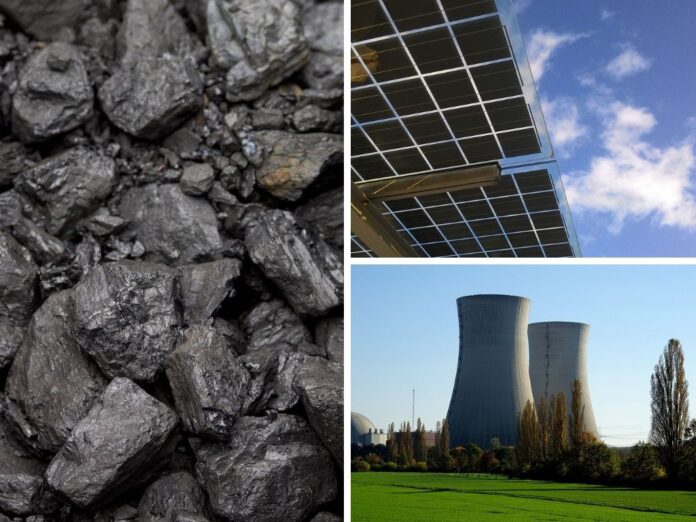
Dave Carr, Newham and East London Socialist Party
Having been found guilty in the High Court last July of breaching its own legally binding carbon dioxide (CO2) emissions targets, the Tory government has recently churned out a ‘new’ 1,000-page energy plan.
But the plan is stuffed with recycled platitudinous guff about ‘stepping up efforts’ to achieve ‘energy security’ and ‘affordable green energy’. It doesn’t address the 15 million UK households in fuel poverty. And the Tories admit that their strategy of achieving a 68% CO2 emissions cut by 2030, and net-zero CO2 emissions by 2050, will fail.
Tax dodging
Hardly surprising when Sunak’s government continues to sign off new oil and gas fields, and bung mega-profitable fossil fuel extraction companies massive tax breaks. ‘Big energy’ can offset 91p in tax savings for every £1 invested in fossil fuel extraction.
Prominent in the government’s plan is ‘carbon capture’. Unfortunately, such technology – involving sucking CO2 out of the atmosphere and burying it under the North Sea – is unproven at the scale required. Moreover, it doesn’t tackle the use of burning fossil fuel to generate electricity in the first place.
Ministers have also talked about using non-polluting, domestic hydrogen burning boilers to heat homes. However, a peer-reviewed study in scientific journal Joule concluded: “Heating with hydrogen is a lot less efficient and more expensive than alternatives such as heat pumps, district heating and solar thermal”.
Super-rich
Apart from super-rich people, who could afford to pay double gas prices? Moreover, hydrogen would have to be generated from fossil fuels.
Heat pumps have also been trailed. But an air-source heat pump costs between £6,000 and £18,000. Five million UK homes have gas boilers, and limited government grants will fund just 90,000 pumps.
The government has also promoted ‘green nuclear power’ – an oxymoron, given that highly radioactive waste must be safely stored for thousands of years.
Building the Hinkley C nuclear reactor in Somerset has generated a massive carbon footprint, and so far cost £23 billion from public funds. And it won’t become operational until 2026 at the earliest – if at all! A similar Sizewell C plant in Suffolk is also planned.
Hinkley C and Sizewell C’s design are based on a reactor by EDF – the majority French state-owned energy company. The Flamanville 3 nuclear reactor in northern France began construction in 2007, but has been dogged by safety concerns and construction delays.
In 2020, Flamanville 3 was five times over budget. And the ‘ten-year project’ isn’t expected to actually start generating electricity until 2024.
Last year, nuclear-generated electricity in the UK was set at a guaranteed price of £102 per megawatt hour (Mwh), linked to inflation. It means that the cost of electricity from nuclear is more than double that of onshore wind power at £46 per Mwh, or solar installations at £44 per Mwh.
Even though the cost of electricity generated by renewables continues to fall – by 40% over the last decade – this isn’t reflected in household bills. Under profit-driven speculative capitalism, the wholesale energy market price is set at the highest-priced generator of electricity.
Onshore wind power is the obvious route to go down for cheap electricity and quick construction – just 12 months. It is cheaper to maintain than offshore wind turbines.
Wind farm moratorium
But in 2015, under pressure from right-wing Tory backbenchers, then prime minister David Cameron imposed a moratorium on future onshore wind farms. That moratorium still stands.
To secure clean, cheap energy – involving wind, solar and wave power, along with subsidised heat pumps to insulate homes and workplaces – requires a national plan.
By removing the anarchy of the profit-based energy market through the socialist nationalisation of big energy producers and suppliers, a planned economy – run under democratic workers’ control and management – would be able to provide cheap and sustainable energy.






